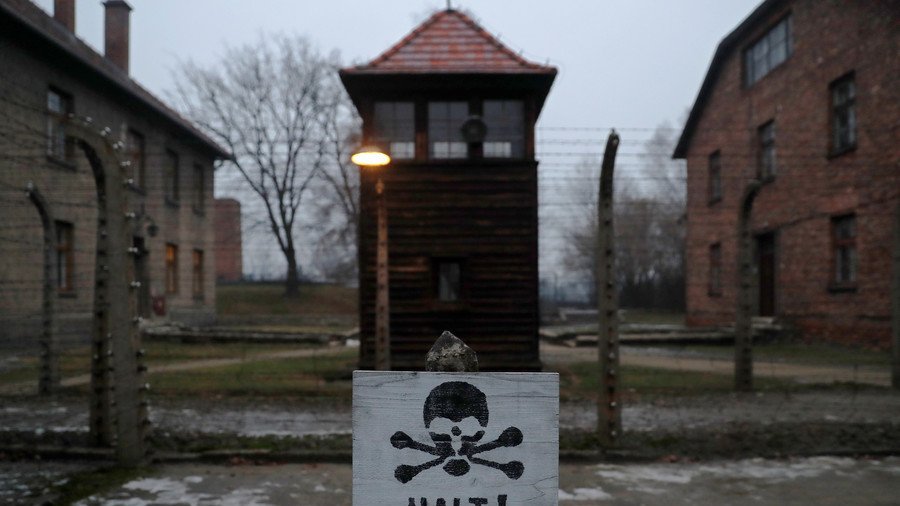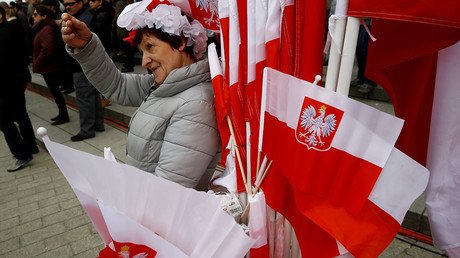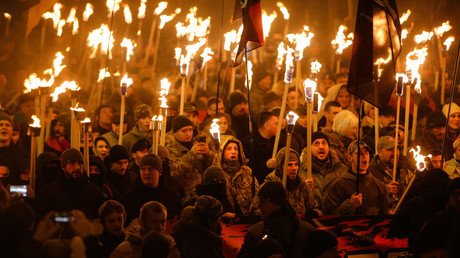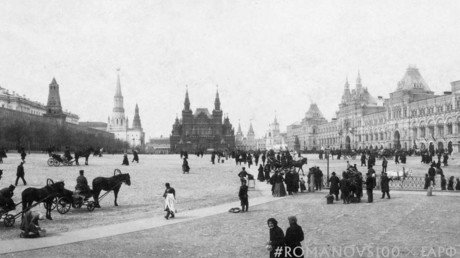Poland makes u-turn on controversial Holocaust law, lifting threat of prison

Following an international outcry, the Polish government has backtracked on legislation that criminalized any references to Poland being complicit in Nazi atrocities during WWII.
The law, which was approved six months ago, has now been watered down. Blaming Poland for the Holocaust is still a crime, but now offenders are subject to civil suits and financial penalties, according to Prime Minister Mateusz Morawiecki.
According to Morawiecki, Poland’s honor still needs to be protected and offenders still “deserve to go to jail,” but he acknowledged that it’s impossible to carry out such sentences internationally.
The amendment was backed by the lower house of the Polish parliament and has moved on to the Senate.
Israeli Prime Minister, Benjamin Netanyahu, said that he was “pleased” by the decision of the Polish authorities to “fully rescind the clauses that were signed and caused a storm and consternation in Israel and among the international community."
When the law was first introduced it caused massive outrage in Israel. It was lambasted by Yad Vashem, the World Holocaust Remembrance Center in Israel, which said Poland was trying to “blur the historical truths regarding the assistance the Germans received from the Polish population during the Holocaust.”
The then US Secretary of State Rex Tillerson said that the “enactment of this law adversely affects freedom of speech and academic inquiry.”
Polish government denied that the law was an attempt to restrict free speech or to rewrite history. It acknowledged that individual Poles did collaborate in crimes against their Jewish neighbors, but claimed assigning blame to the country and using the phrase “Polish death camps” was inaccurate.
The controversial legislation came at a time of a resurgence of far-right sentiments in Poland and sparked an explosion of anti-Semitic activity on social media. Fewer than 400,000 Polish Jews survived the Holocaust, according to Yad Vashem. Before World War II Poland’s Jewish community numbered 3 million people.
Think your friends would be interested? Share this story!
















